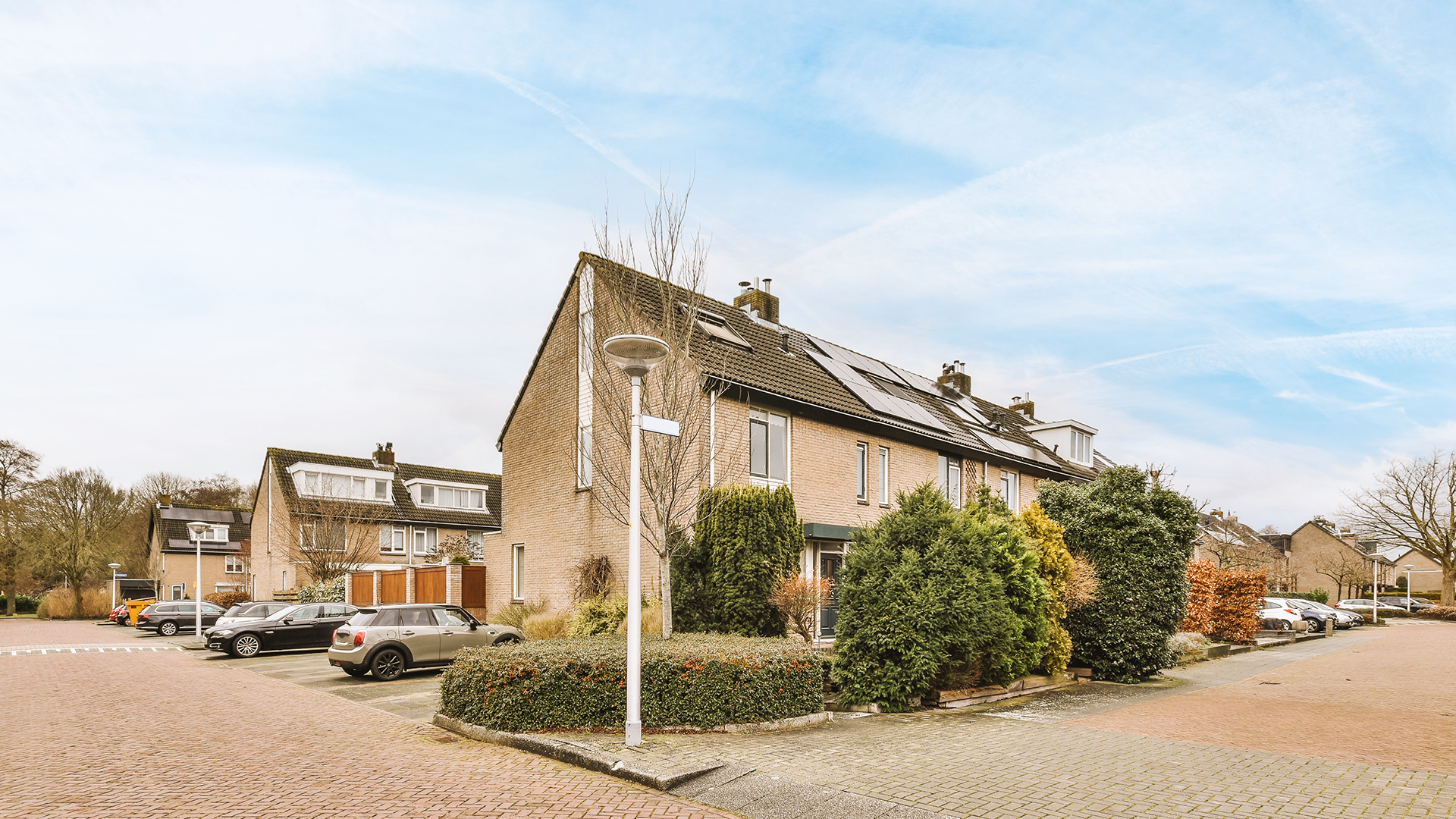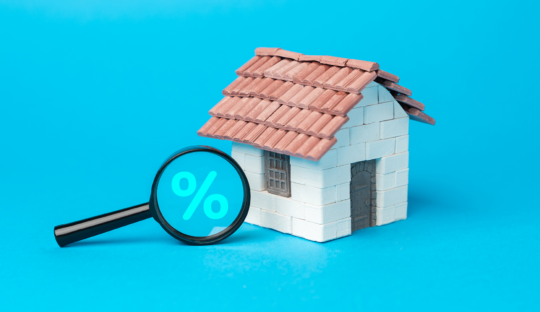In this article
Becoming a landlord offers significant financial opportunities but also comes with key responsibilities that must be handled effectively.
Having a clear understanding of what is expected can create a smoother experience for you and your tenants.
Here is what to consider when managing your responsibilities as a landlord while fostering a positive renting environment.
Ensuring the Property is Safe and Habitable
A primary duty as a landlord is maintaining a property that is safe, suitable for living, and well-kept. This involves meeting legal requirements for gas, electrical, and fire safety.
Arranging annual gas safety inspections through a registered engineer and providing the necessary documentation to tenants is a critical component.
Electrical systems should be properly maintained, and any appliances supplied must meet recognised safety standards.
Fire safety measures, such as fitting smoke alarms on every storey of the property and carbon monoxide detectors in certain areas, are essential for compliance with regulations and for safeguarding tenant well-being.
Speak to an Advisor – It’s Free!
Schedule a free callback from one of our experts today.
- All situations considered
- Transparent and honest mortgage advice
- We search 1000s of purchase and remortgage deals
Our customers rate us 4.9/5
Repairs and Maintenance
Keeping the property in good condition is a major responsibility. This includes ensuring the structure, as well as systems like plumbing, heating, and electrics, are in proper working order.
For properties that qualify as HMO mortgages (Houses in Multiple Occupation), landlords may have additional obligations to maintain shared spaces according to specific safety and cleanliness standards.
Legal Documentation
Providing a clear and legally binding tenancy agreement is fundamental.
This document sets out the terms of the tenancy, including payment details, maintenance responsibilities, and the rights of both landlord and tenant.
Meeting other legal requirements, such as protecting tenant deposits in a government-approved scheme, is also essential.
Landlords using buy-to-let mortgages may have further conditions that need to be reflected within tenancy agreements.
Financial Duties
Being a landlord involves meeting financial obligations, including tax reporting and managing rental income effectively.
Some expenses, like certain repairs or fees related to buy-to-let mortgages, may have tax implications.
Accurate record-keeping is vital to stay compliant and ensure you manage your financial obligations efficiently.
If you own multiple properties, being classified as a portfolio landlord may introduce specific considerations for mortgage arrangements and financial management.
Building Positive Tenant Relations
Regular property inspections can help ensure tenants are upholding their responsibilities while also identifying maintenance issues early.
Adequate notice must be provided before any visit, typically between 24 and 48 hours. Maintaining open communication and demonstrating transparency can lead to positive tenant relationships, encouraging tenants to take good care of the property.
For landlords managing properties with holiday let mortgages, interactions with tenants may vary based on the property’s specific usage, whether for short-term stays or a mix of residential purposes.
Working with a Specialist Mortgage Broker
Working with a specialist mortgage broker can provide valuable support tailored to your needs as a landlord.
Whether you are managing HMO mortgages, or exploring buy-to-let mortgages, an experienced broker can help you find suitable deals and make the process more straightforward.







